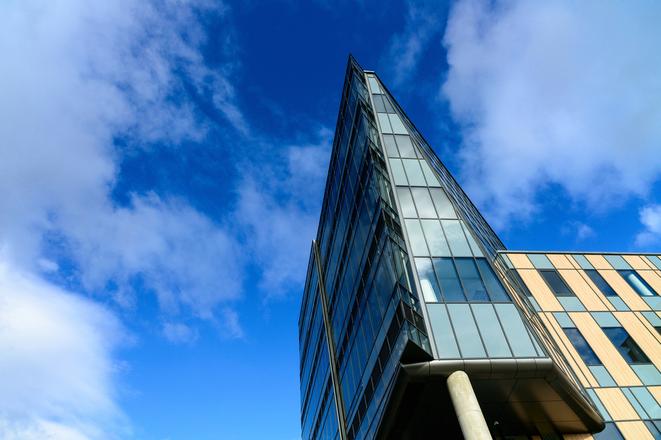The Comenius University in Bratislava will get a European research laboratory for advanced materials (LAMatCU) worth €2.5 million. Its ambition is to be an elite-level centre of research and development in the field of new materials under the leadership of world authorities. It will focus on energy conversion and storage. The laboratory will be located at Comenius University’s Faculty of Natural Sciences and at the Comenius University Science Park.
“Thanks to this unique project, we will be able to attract more top-level, international scientists to our research centres,” said Karol Mičieta, the Rector of Comenius University, as cited on the university's website.
The aim of the project is to set permanently sustainable conditions for research in line with European Research Area standards. LAMatCU will positively influence the motivation of young local scientists to undertake their research in Slovakia instead of abroad, and it should also become an attractive place for international talent.
The LAMatCU leader will be selected through an open and international selection process.
“We expect this person to be someone who has flourished in the face of strong competition in receiving grants supporting excellent research in the European Research Area,” said Jozef Noga of Comenius University, serving as head of the project.
The project is part of a Horizon 2020 programme within the European research ERAChairs scheme, which supports the enlargement of research excellence in the 15 EU member countries considered to be in the “low innovation part” of the EU in terms of their research performance.
To get the lab, Comenius University had to go toe-to-toe with some strong competition since the European Commission only supported 14 of 96 proposals.
This is the fourth Horizon 2020 project to be coordinated by Comenius University in Bratislava. The Faculty of Mathematics, Physics and Informatics is running the ELEvaTE twinning project (a team of experimental physicists under the leadership of Professor Štefan Matejčík) as well as the FORMILK network for Marie Skłodowska-Curie-RISE exchanges (a team of biophysicists led by Professor Tibor Hianik). In addition to the above, the Faculty of Natural Sciences is the recipient of a Marie Skłodowska-Curie individual grant, allowing Dr Peter Hrobárik to work alongside Professor Noga.



 Science Park of Comenius University (source: Courtesy of Comenius University)
Science Park of Comenius University (source: Courtesy of Comenius University)